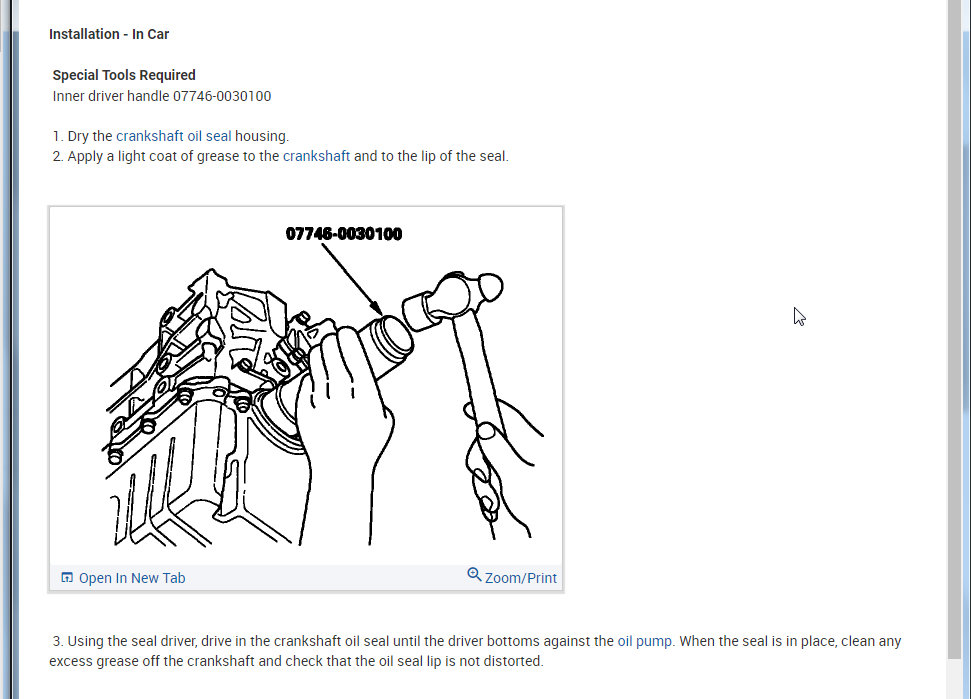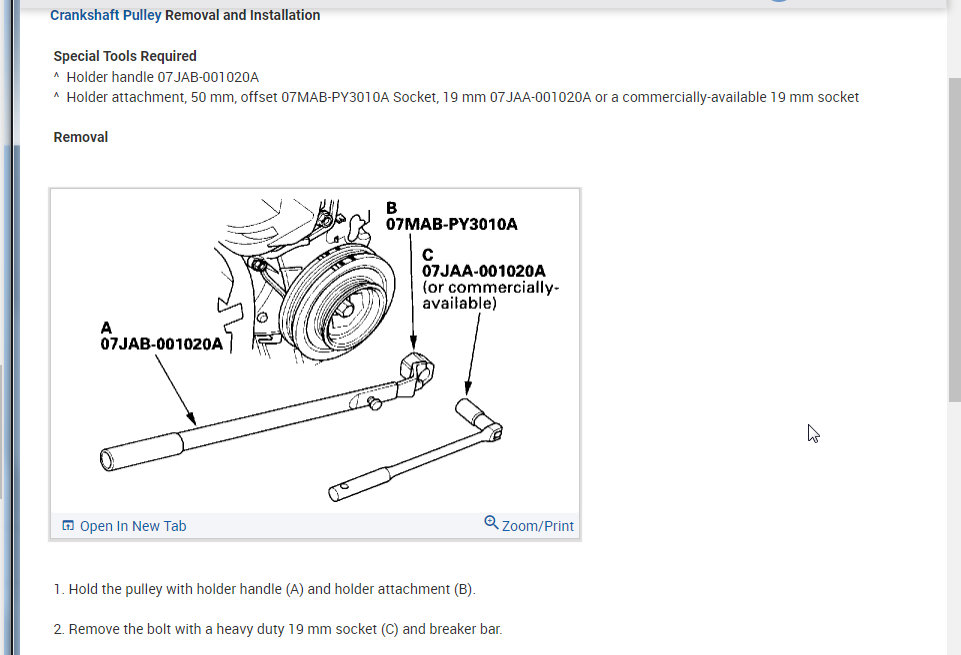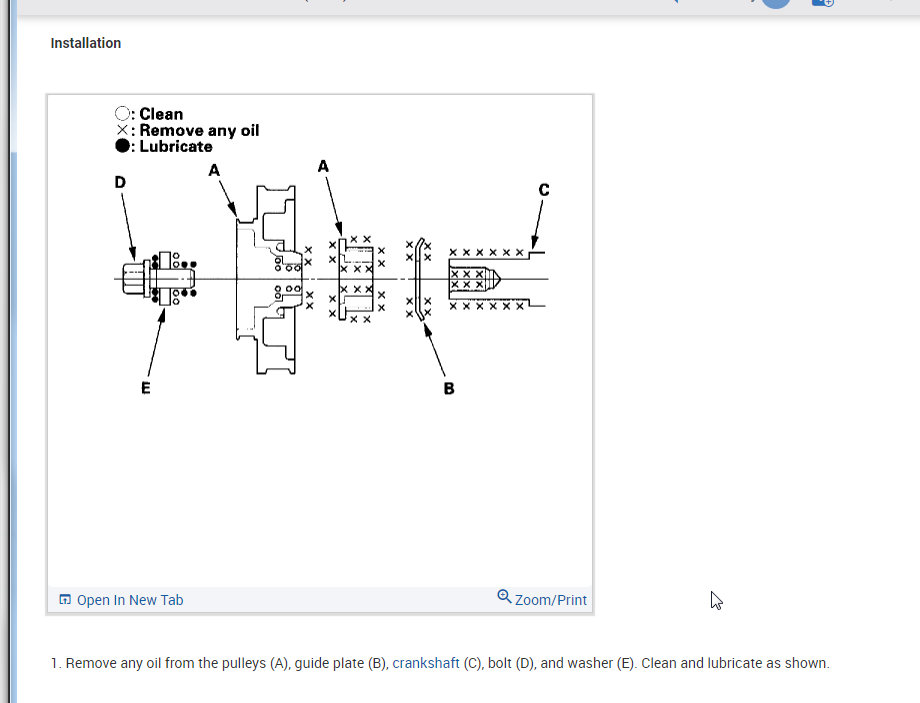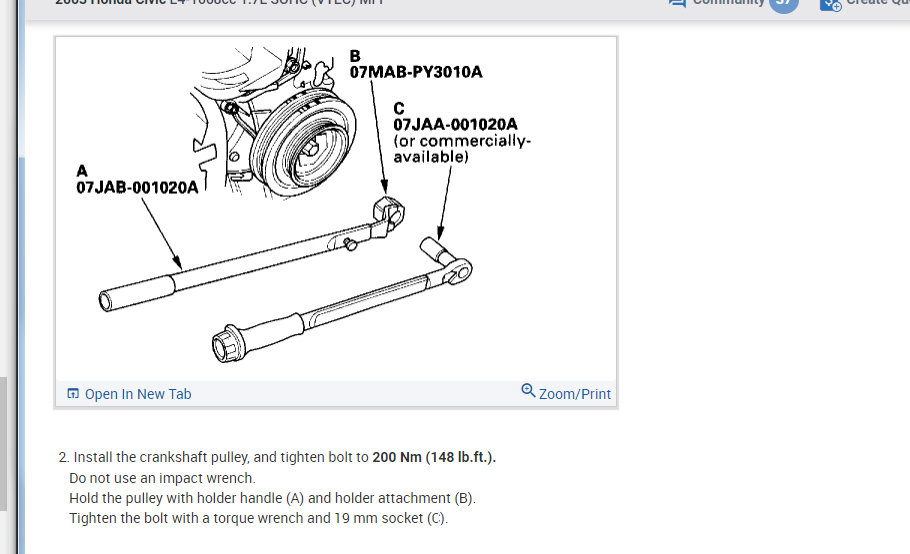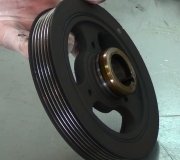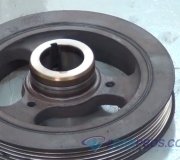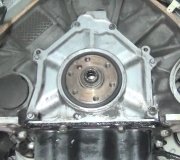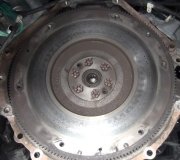Once the engine warms-up a bit and engine pressures rise it leaks pretty good and that was only at idle. I have read-up on replacing the seal, in my Haynes manual, and I'm not going to try to tackle this myself. No doubt I have the ability and the tools but, I just don't feel like I want to get this far into it. I also know I'm probably looking at some $600 to repair it based on having to go just a little farther into it than when the timing belt and water pump were replaced at the prescribed 110000 miles.
I'm wondering if there might be a stop leak product out there that would actually have a chance of slowing this to a tolerable level for awhile until we can determine whether engine damage was done (it sure sounds fine for now but, no doubt it did it no good long-term) - - 'just hate to put the $ into it and then have it roll over dead the following week. The car is otherwise in sufficiently good condition to warrant saving it.
There is no evidence there of a long-standing problem w/the seal - - caked-on old oil, continual previous oil spot on the garage floor, etc - - none of that.
And, not that I expect to ever be so lucky again, I am reminded by something that happened many years ago with our '72 Skylark. It developed a very, very bad rear engine oil leak. To get by as we were deciding what to do, we made short trips, added oil as needed and, every morning found an approximate 2' diameter pool of oil on the garage floor. Within about a week, the leak had stopped, we never had another drop of oil out of there and drove the car for a couple of years before selling it. I have been left with the assumption that some foreign object of some sort worked its way into the seal, holding it open and then, in time, it worked its way out - - bizarre.
Anyway, 'suggestions for slowing this leak for awhile so we can try to determine whether the engine has sustained damage before putting the bucks into it?
Thanks.
Don
SPONSORED LINKS
Saturday, July 24th, 2010 AT 10:13 AM
